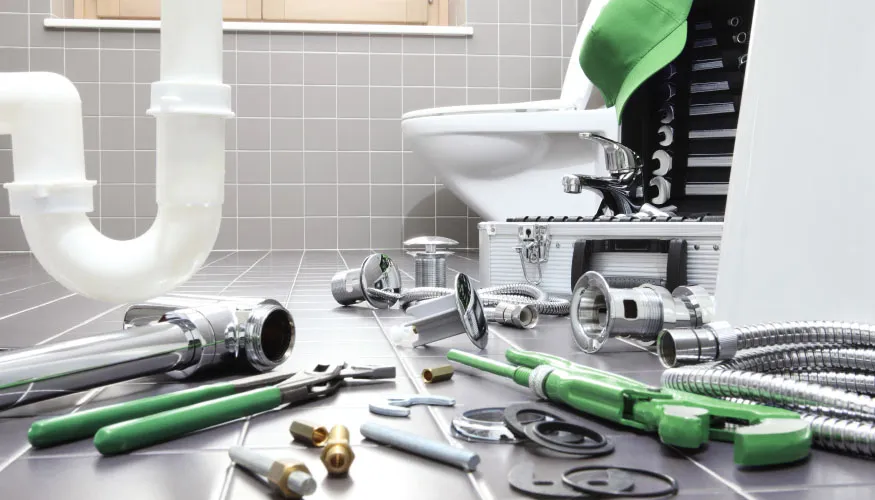Electric bicycles, commonly known as ebikes, have revolutionized the way we commute and enjoy outdoor activities. Understanding the intricate workings of these innovative machines can provide valuable insights into their efficiency and performance.
Exploring the Components
At the heart of an ebike lies the battery pack, which stores the electrical energy needed to power the motor. The motor, typically located in the hub of the wheel or integrated into the bike's frame, converts this stored energy into mechanical power to propel the bike forward. The controller acts as the brain of the system, regulating the flow of electricity from the battery to the motor based on input from the rider.
The Role of Sensors
Modern ebikes are equipped with various sensors that enhance the riding experience. A cadence sensor measures the rotation of the pedals, determining how much assistance the motor should provide based on the rider's pedaling speed. Torque sensors, on the other hand, detect the amount of force applied to the pedals, adjusting the motor's output accordingly. These sensors work in tandem to deliver a smooth and efficient riding experience.
Powering Up
Charging an ebike is a straightforward process that involves connecting the battery pack to a power source using a charger. Most ebikes come with removable batteries, allowing users to conveniently recharge them at home or on the go. The range of an ebike, or how far it can travel on a single charge, depends on factors such as battery capacity, motor efficiency, and riding conditions.
In conclusion, delving into the mechanics behind ebikes reveals a fascinating interplay of components and technologies that work together seamlessly to deliver a sustainable and enjoyable mode of transportation. By understanding how these systems operate, riders can make informed decisions when choosing an ebike that suits their needs and preferences.








